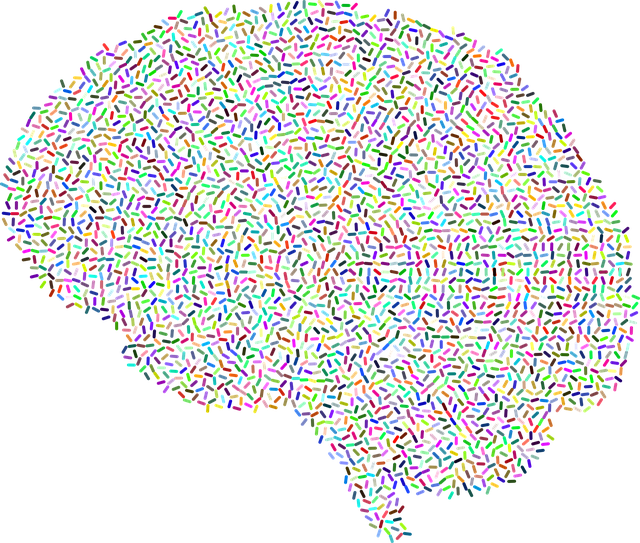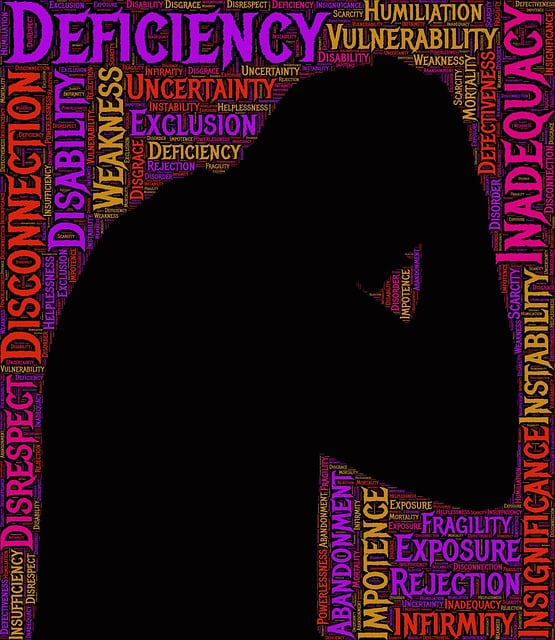Longmont Hypnosis Therapy emphasizes holistic mental wellness education as a powerful tool to combat stigma and empower individuals. Through interactive methods like role-playing, discussions, and hands-on activities, their programs teach practical coping skills, stress management, and mindfulness. Combining evidence-based practices with storytelling, case studies, and Trauma Support Services, these initiatives foster peer learning, knowledge retention, and positive mindset shifts, ensuring program effectiveness and participant well-being improvements.
Mental health education is a vital component of holistic well-being, and effective program design plays a pivotal role in fostering positive change. This article explores strategies for creating impactful mental health initiatives, focusing on three key areas: understanding foundational concepts, designing engaging content, and implementing evaluation methods. By examining these aspects, we aim to empower individuals and communities, ultimately reducing stigma and promoting resilience—a service that Longmont Hypnosis Therapy is dedicated to enhancing through accessible education.
- Understanding Mental Health: Creating a Foundation for Effective Education
- Designing Engaging and Interactive Learning Experiences
- Implementation and Evaluation Strategies for Lasting Impact
Understanding Mental Health: Creating a Foundation for Effective Education

Mental health education programs must begin with a foundational understanding of what mental health entails—a holistic concept encompassing emotional, psychological, and social well-being. This initial step is paramount in Longmont Hypnosis Therapy’s approach to addressing mental illness stigma reduction efforts, as it facilitates empathy and breaks down misconceptions prevalent in society. By demystifying mental health issues, these programs can create a supportive environment where individuals feel comfortable discussing their experiences openly.
A robust educational foundation further enables the integration of coping skills development and trauma support services. These components are crucial for empowering individuals to navigate challenges and foster resilience. Ultimately, such an inclusive design paves the way for effective mental health interventions, ensuring that participants gain valuable insights and practical tools to enhance their overall well-being.
Designing Engaging and Interactive Learning Experiences

In designing mental health education programs, creating engaging and interactive learning experiences is paramount to fostering meaningful connections and knowledge retention. Incorporating diverse teaching methodologies like role-playing scenarios, group discussions, and hands-on activities ensures that participants from various backgrounds can actively engage with the material. For instance, a Longmont Hypnosis Therapy program could include interactive sessions where individuals practice relaxation techniques, learn mindfulness exercises, or simulate challenging situations to explore coping strategies. These dynamic approaches not only make learning enjoyable but also help in internalizing concepts related to self-care practices and mind over matter principles.
Additionally, integrating storytelling, case studies, and real-life examples can humanize complex mental health topics, making them more relatable and accessible. By fostering a safe and supportive environment where participants feel comfortable sharing their experiences, the program facilitates peer learning and encourages the development of inner strength. These interactive elements are key to creating a compelling educational journey that equips individuals with valuable tools for improving their mental well-being.
Implementation and Evaluation Strategies for Lasting Impact

The successful implementation and evaluation of a mental health education program are pivotal to achieving lasting impact, especially for services like Longmont Hypnosis Therapy that focus on holistic healing. Incorporating evidence-based practices such as Mind Over Matter principles can enhance the program’s effectiveness. By teaching participants how to manage stress, improve self-esteem, and cultivate a positive mindset, these strategies empower them to take control of their mental well-being.
Regular assessment and feedback mechanisms are crucial for gauging the program’s success. This includes pre-and post-program surveys to measure changes in participants’ mental health perceptions and behaviors. Additionally, offering ongoing Trauma Support Services can cater to individuals who may require specialized care. Such evaluations not only identify areas of improvement but also ensure that the program aligns with the evolving needs of its target audience, fostering a sustainable and impactful mental health education initiative.
Mental health education is a powerful tool for fostering well-being, and program design plays a pivotal role in its success. By incorporating evidence-based strategies from Longmont Hypnosis Therapy, we can create engaging learning experiences that resonate with diverse audiences. Through thoughtful implementation and evaluation, these programs can have a lasting impact on mental health literacy and resilience, ultimately promoting healthier communities.














